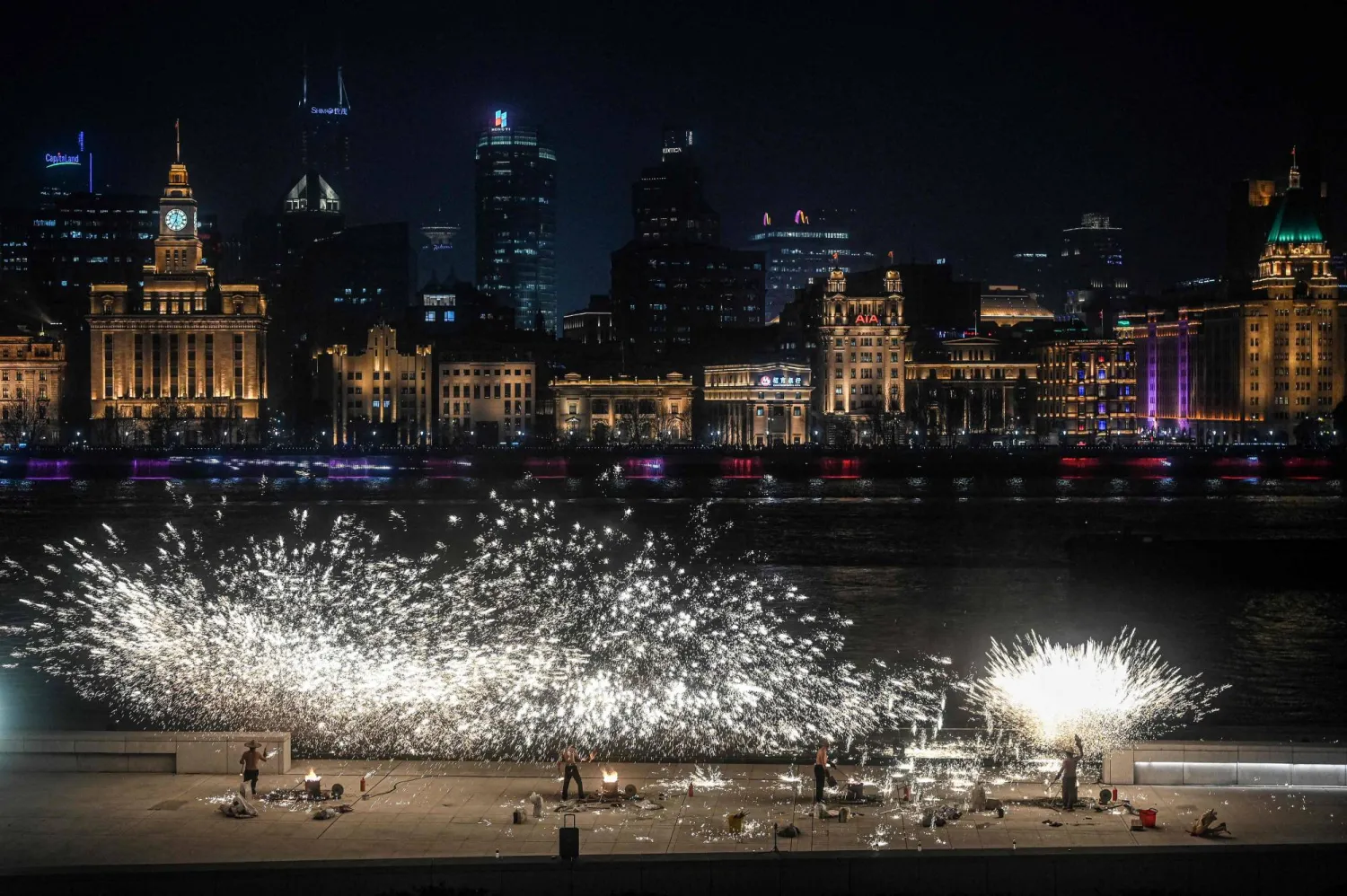Saudi Arabia’s Ministry of Culture on Monday launched an initiative creating three new Saudi fonts in celebration of the Arabic language.
In a statement, it said it is “introducing a unique touch that gives a Saudi identity to Arabic fonts and celebrates Saudi heritage and cultural symbols.”
The fonts, celebrating the Kingdom’s culture, will be available free of charge to individuals and organizations wishing to use them in design, artistic, and creative works.
The Masmak font has been named after the historic Masmak Fortress, characterized by its durability and strong structure. The font has been described as clear and easy to read and was developed without reference to traditional calligraphy methods.
The second new font, Al-Naseeb, resembles handwritten notes, and has been recommended for use in headlines, texts, literary works, poetry, and children’s stories.
Watad, the third font, was inspired by the tent peg with its letters having curved corners. Its suggested use was for text relating to festivals and sporting events.
“Initiatives launched by the Saudi Ministry of Culture from time to time have their significance and their discreet role in supporting the field of Arabic calligraphy,” said the Arabic calligraphy teacher at the Grand Holy Mosque in Makkah, Ibrahim Al-Arafi.
Al-Arafi added that “Saudi Arabia had put forth an important set of qualitative initiatives that reflected its interest in Arab heritage and culture.”
“The various Saudi initiatives that were launched successively to support the field of Arabic calligraphy established a new qualitative shift,” he noted.
Al-Arafi encouraged expanding the nature and degree of these initiatives so that they include a larger map of aspects such as skill development and building a generation aware of the value and knowledge of this heritage.









